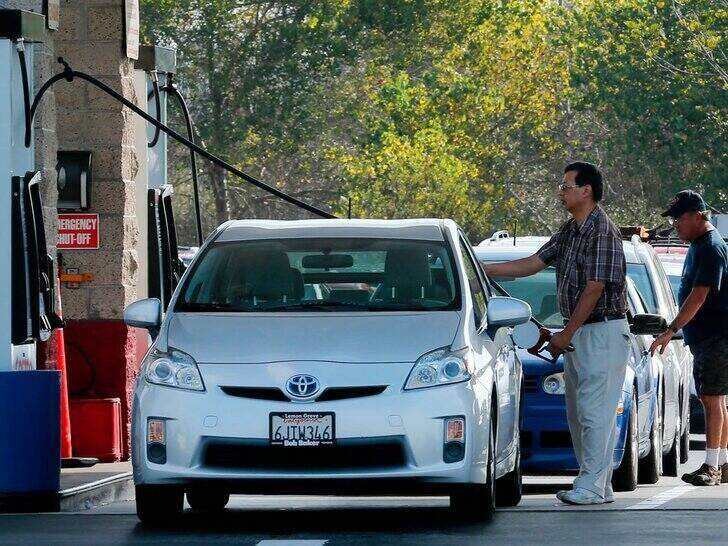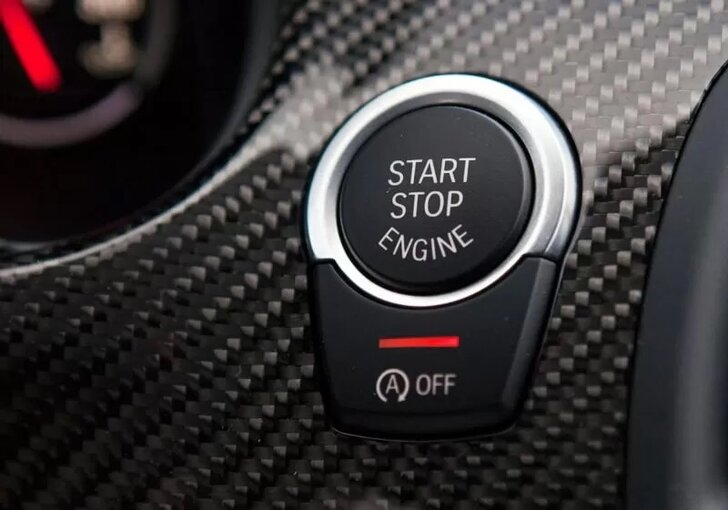Today, millions of people drive gas-fueled vehicles, but very few understand the ill-impact of the emissions from them. It is in such cases that to ensure a sustainable living environment, authorities need to impose strict measures against their overuse, even if it means discomfort to the people.
Something similar has happened in the case of Massachusetts.

Business Insider | Massachusetts has declared that it will ban the sale of new gas-powered vehicles by 2035
The state of Massachusetts has reported that by the year 2035 it will put a complete halt on the sale of gas-powered vehicles. But why has this harsh step been taken? And moreover, what will this mean for traders as well as for common people? Let’s find out.
Why did Massachusetts take this decision?
In Massachusetts, passenger cars currently account for around 27% of statewide air pollution. With an aim to diminish emissions to a net-zero value by the year 2050, authorities are hoping to encourage an increased use of electric vehicles which are more environment-friendly.
Up until a year ago, there were roughly 30,000 electric cars on state roads (a figure that includes hybrids as per government authorities). To accomplish the state’s emission-curbing plan, it needs to be ensured that by 2050, out of a projected 5.5+ million enlisted vehicles, around 1 million should be zero-emanation cars. To make this feasible, the state intends to pump resources into building a better public charging infrastructure throughout the next decade.

SlashGear | With this move the state aims to diminish emissions to a net-zero value by the year 2050
Read – Air quality in Massachusetts
How will the proposed ban affect people?
As a result of this decision, after 2035, if you desire to purchase a brand new vehicle, it must be one that’s not fuelled by gas. You could go for an electric vehicle or perhaps a hydrogen-powered one, assuming of course that they become standard by then.
But even with this rule in place, it won’t imply that gas will no longer be accessible or that the current gas-powered vehicles will get old. Those looking for a gas-powered vehicle will still be able to purchase it, given that such a vehicle is being sold as a used unit.
This shows that while the state has plans to ultimately become carbon indifferent by 2050, they're also practical in their beliefs.
What the road ahead looks like…
The de-carbonization roadmap of the state, including the boycott on new gas-fueled cars, isn’t finalized till now, and under the Global Warming Solutions Act (2008), Governor Baker has the authority to make strategy changes to the plan. But if this projection does go on the floor, Massachusetts will be joining California and 12 other nations in Europe and Asia in the efforts towards sustainable living.

TechSpot | The plan hasn't been finalized yet, but considering that several US states have already done it, it's highly likely to be implemented
Read - Massachusetts releases 2050 de-carbonization roadmap
In the hefty-commission car sector, there aren’t that many zero-emanation choices, at least not right now. So the key lies in embracing a more adaptable methodology. The year 2035 is still quite a long way to go, yet it probably won't be a bad idea to consider an electric car as your next purchase from today.
